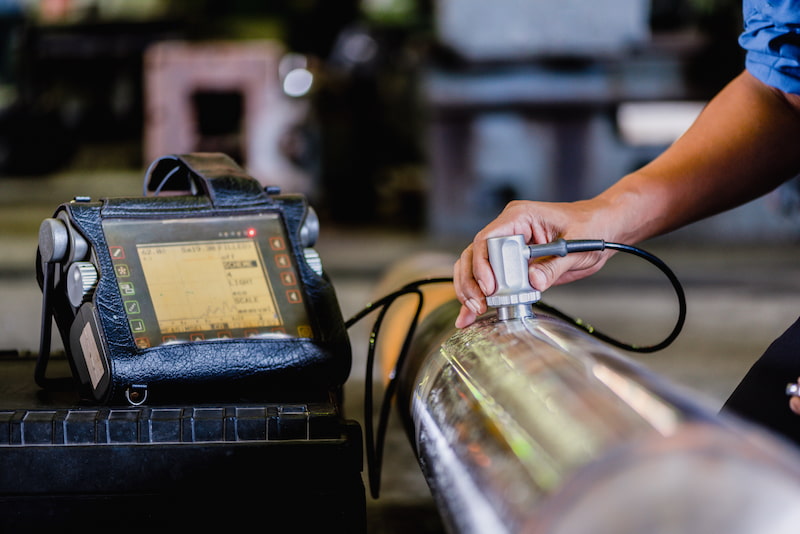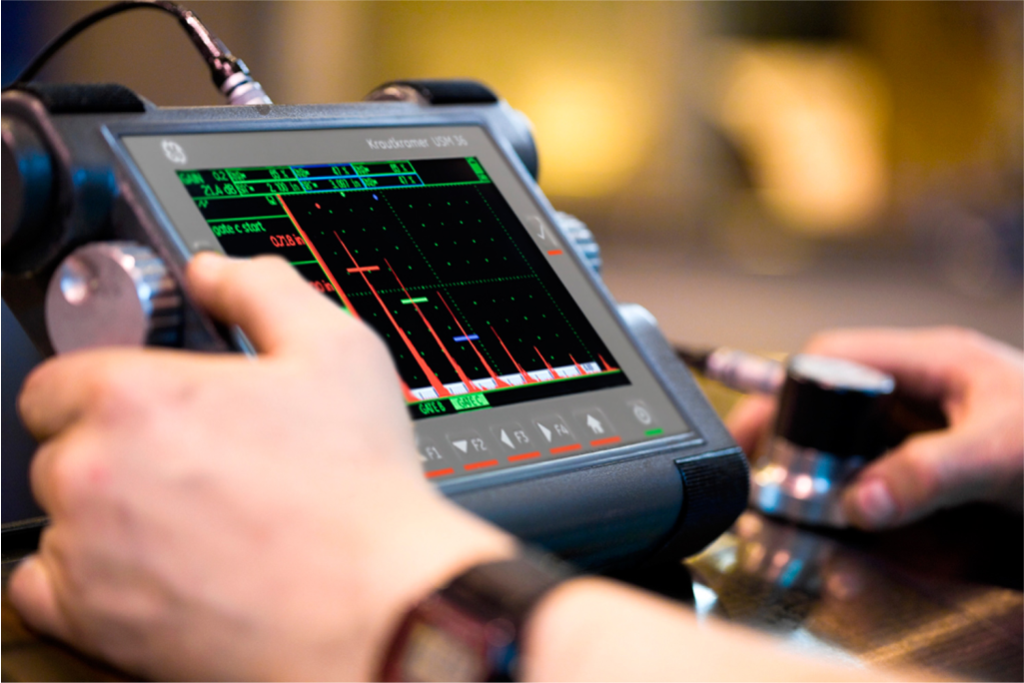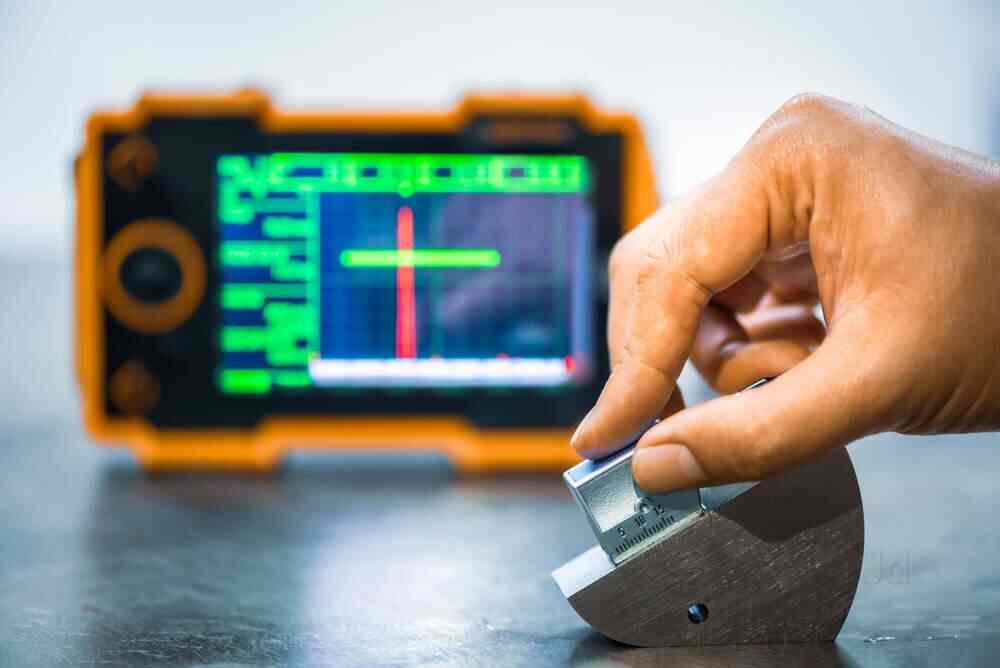In today’s rapidly advancing industrial landscape, the importance of wireless inspection systems cannot be overstated. These systems are crucial for ensuring the integrity and safety of structures, machinery, and various environments. However, one of the significant challenges faced by industry QA professionals is the synchronization delay in wireless inspection systems. This delay can have a profound impact on the effectiveness and reliability of inspections.

Why Synchronization Matters
Synchronization is the process of ensuring that all components of a system operate in unison. In the context of wireless inspections, synchronization ensures that data collected by various sensors and devices is accurately coordinated. This coordination is vital for producing reliable and actionable inspection results.
Impact of Synchronization Delay
A delay in synchronization can lead to several issues, including inaccurate data, missed anomalies, and increased inspection times. These issues can compromise the safety and efficiency of industrial operations, making it essential to address synchronization delays effectively.
Factors Contributing to Synchronization Delay
Several factors can contribute to synchronization delays in wireless inspection systems. Understanding these factors is the first step toward mitigating their impact.
Network Latency
Network latency refers to the time it takes for data to travel from one point to another. In wireless systems, latency can be affected by various factors, including signal interference, bandwidth limitations, and network congestion.
Device Compatibility
Incompatibility between different devices and sensors can result in synchronization delays. Ensuring that all devices are compatible and configured correctly is crucial for minimizing these delays.
Environmental Factors
Environmental conditions, such as temperature and humidity, can also impact the performance of wireless inspection systems. These conditions can affect signal transmission and increase the likelihood of synchronization delays.
Strategies to Minimize Synchronization Delay
Addressing synchronization delays requires a comprehensive approach that considers various aspects of wireless inspection systems.
Optimizing Network Infrastructure
Improving network infrastructure can significantly reduce synchronization delays. This includes upgrading network equipment, increasing bandwidth, and implementing advanced technologies to minimize latency.
Ensuring Device Compatibility
Regularly updating devices and ensuring compatibility between different components can help reduce synchronization delays. This includes using standardized protocols and configurations to ensure seamless data exchange.
Environmental Monitoring
Implementing environmental monitoring systems can help identify and mitigate factors that contribute to synchronization delays. By understanding the impact of environmental conditions, companies can take proactive measures to maintain optimal system performance.
The Role of Advanced Technologies
Advanced technologies play a vital role in addressing synchronization delays in wireless inspection systems. These technologies offer innovative solutions to enhance system performance and reliability.
Quantum Synchronization
Quantum synchronization offers a promising solution to address synchronization delays. By leveraging quantum technologies, companies can achieve unprecedented levels of synchronization accuracy and speed.
AI-Powered Solutions
Artificial intelligence can enhance synchronization by predicting and mitigating potential delays. AI algorithms can analyze data patterns and optimize system configurations to minimize synchronization issues.
Industry Applications
Synchronization delays can impact various industries, including manufacturing, construction, and environmental monitoring. Understanding the specific challenges and solutions for each industry is crucial for effective implementation.
Manufacturing
In manufacturing, synchronization delays can lead to production inefficiencies and quality control issues. Implementing robust wireless inspection systems is essential for maintaining high standards of production and safety.
Construction
In the construction industry, synchronization delays can impact the accuracy of structural inspections. Ensuring timely and accurate inspections is vital for maintaining safety and compliance.
Environmental Monitoring
Environmental monitoring relies on timely data collection and analysis. Synchronization delays can hinder the effectiveness of monitoring systems and affect decision-making processes.
Future Trends in Wireless Inspection
The future of wireless inspection systems is promising, with continuous advancements in technology and innovation. These trends offer opportunities to further minimize synchronization delays and enhance system performance.
5G Networks
The implementation of 5G networks is expected to significantly reduce synchronization delays by providing faster and more reliable data transmission.
IoT Integration
The integration of IoT devices in wireless inspection systems offers enhanced data collection and analysis capabilities. This integration can improve synchronization by providing real-time data and insights.
Conclusion
Synchronization delay in wireless inspection systems is a critical issue that requires attention and action. By understanding the factors contributing to delays and implementing effective strategies, industry QA professionals can ensure reliable and efficient inspections. The future holds exciting possibilities, with advanced technologies offering innovative solutions to address synchronization challenges.

FAQs
What causes synchronization delays in wireless inspection systems?
Synchronization delays can be caused by network latency, device compatibility issues, and environmental factors. Addressing these factors is crucial for minimizing delays.
How can synchronization delays be minimized?
Minimizing synchronization delays involves optimizing network infrastructure, ensuring device compatibility, and monitoring environmental conditions.
What is the role of advanced technologies in addressing synchronization delays?
Advanced technologies, such as quantum synchronization and AI-powered solutions, offer innovative ways to enhance synchronization accuracy and speed, reducing delays in wireless inspection systems.
This article contains affiliate links. We may earn a commission at no extra cost to you.
